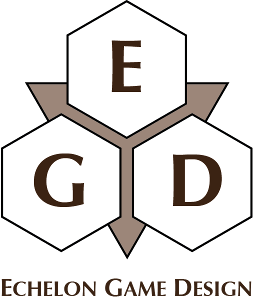Martial Training: Traditions, Combat Elements, and Styles
My original model of martial training was much as the model for caster training. A character could have a ‘Martial Training’ cornerstone talent (I was calling it “Warrior Born”) that provided half the possible Martial Training Bonus, and some generic combat-relevant benefits I never got around to defining. A character …
